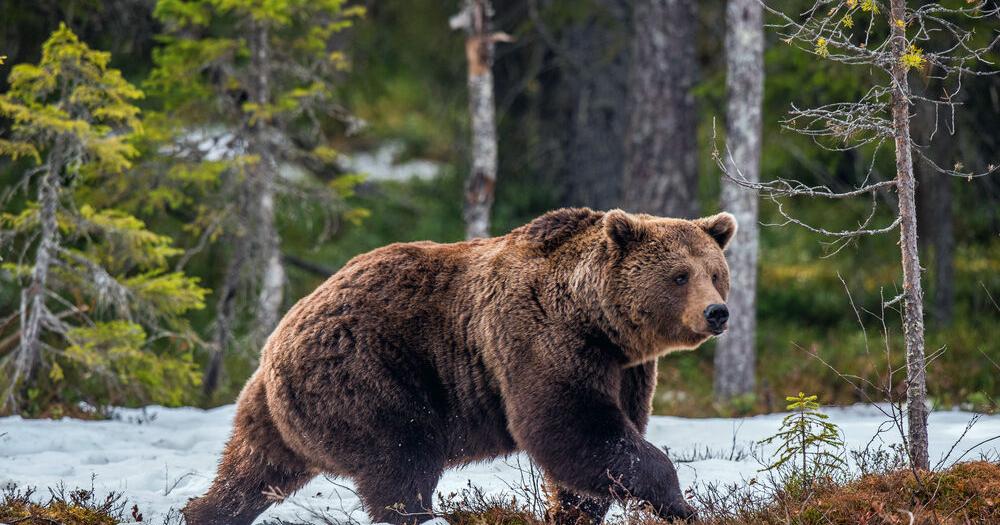LEAVENWORTH – A federal plan to reintroduce grizzly bears into Washington’s North Cascades has stalled under the Trump administration, leaving the future of the long-debated project uncertain. Federal agencies confirmed that while the decision to restore grizzlies was made in 2024, no timeline has been set for when translocations might begin. Officials have not provided further details, and the public-facing project webpage has not been updated since last year.
The reintroduction plan, finalized by the National Park Service in April 2024 after decades of study and public process, called for airlifting three to seven bears each summer from populations in Montana, Wyoming, and British Columbia. The effort aimed to restore an apex predator to an ecosystem where grizzlies were listed as threatened in 1975 and have since been nearly wiped out.
Supporters of the program, including environmental groups and tribal representatives, argue that grizzlies are a vital part of the North Cascades ecosystem and hold cultural significance. The Upper Skagit Indian Tribe, whose ancestral territory includes much of the region, has indicated patience with the process, viewing the restoration as a long-term commitment.
Opposition has been strong from some political leaders and local residents. Republican Congressman Dan Newhouse, whose district spans the eastern North Cascades, has repeatedly sought to block funding for the reintroduction, citing concerns for public safety, livestock, and crops. In August, he urged newly appointed Fish and Wildlife Service Director Brian Nesvik—formerly Wyoming’s Game and Fish director, where grizzlies thrive in greater numbers—to halt the project altogether.
The fate of the initiative reflects a broader shift in priorities at the federal level. During the first Trump administration, then–Interior Secretary Ryan Zinke initially expressed support for bringing back grizzlies but left office before the plan could advance. His successor ended the process without a decision. Under the Biden administration, the project was revived and approved, but the current administration appears to have put it back on hold.
The uncertainty has added to challenges within the National Park Service, which has faced a 24% reduction in permanent staff since 2017. North Cascades National Park has lost its lead wildlife biologist, and a hiring freeze has prevented the addition of specialists to manage human-bear conflicts. At the same time, the Trump administration has proposed a 37% cut to the Park Service’s budget for 2026, part of a broader effort to reduce federal spending.
Despite the setbacks, some current and former Park Service staff and conservation advocates continue to hold out hope that grizzlies will one day return to the North Cascades. For now, however, the long-promised restoration remains in limbo.
Source: KUOW
